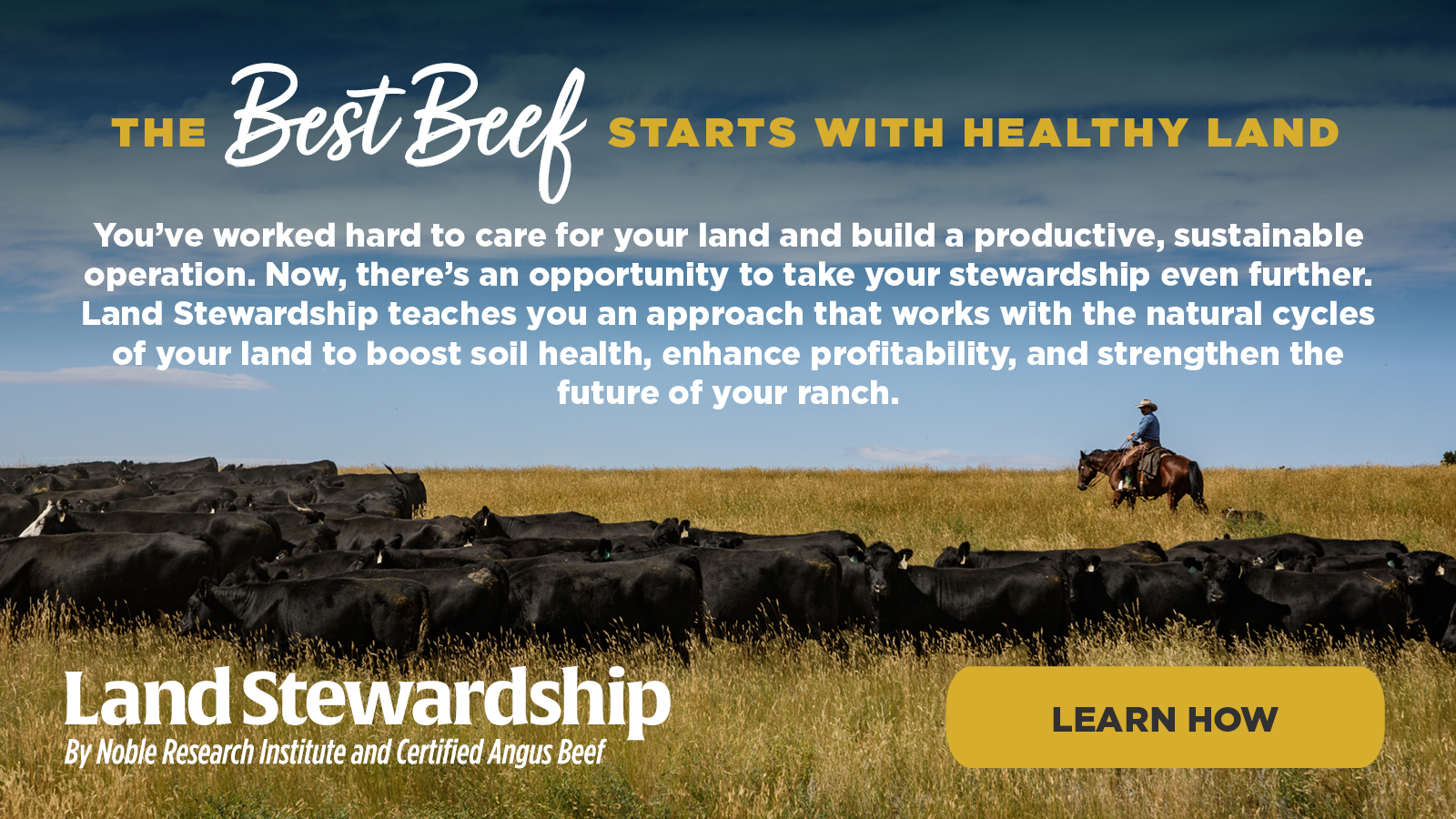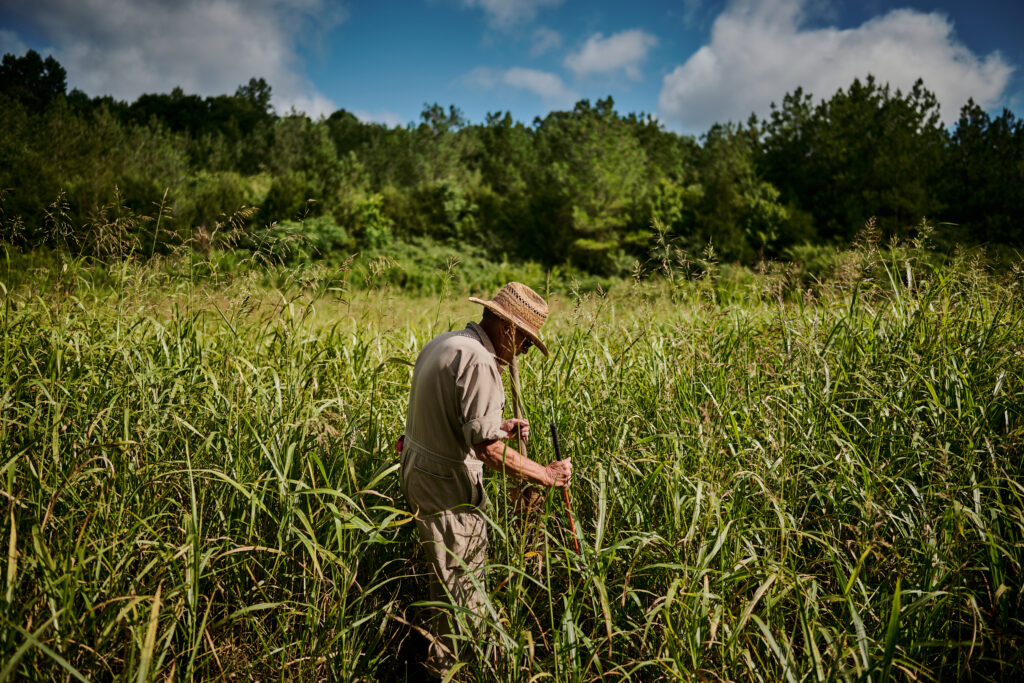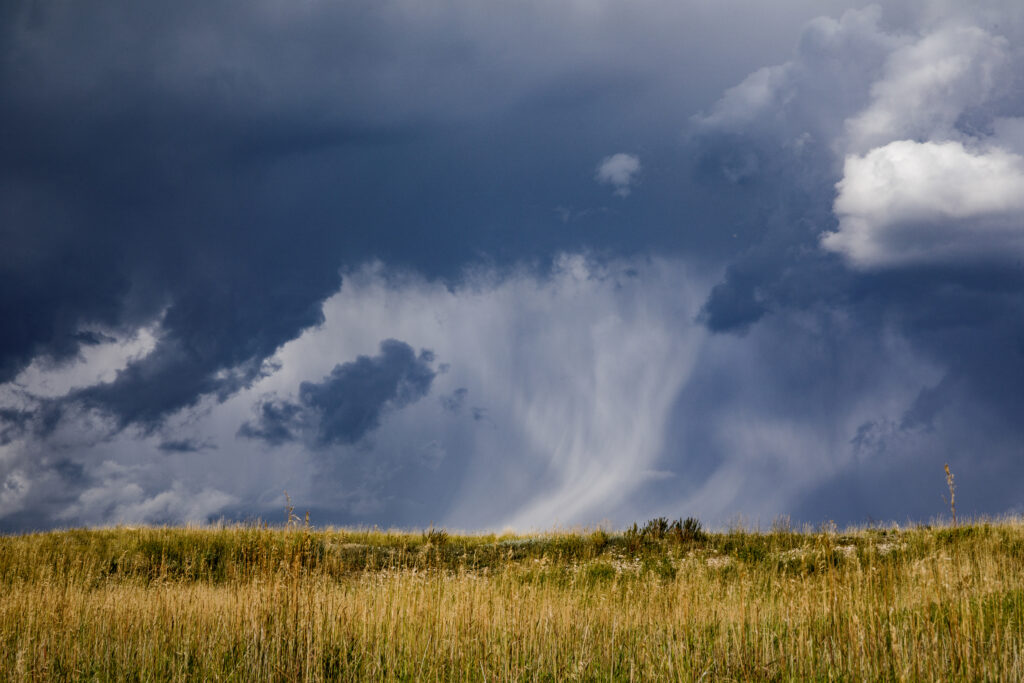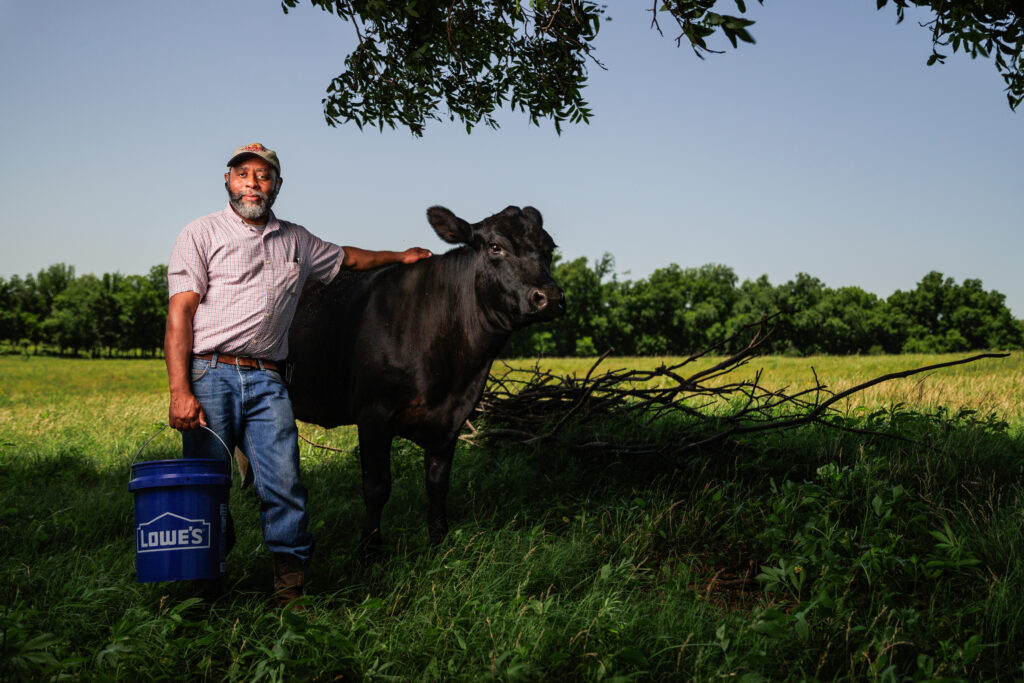Better Is Possible
Every step you take toward regeneration shows how the land can heal. Living proof that right beneath your boots, better is possible.
Solutions for Every Ranch
Noble’s educational courses for land stewardship and ranch management provide proven techniques for more profitable grazing operations and healthier, more productive land. No matter the size, location or scope of your operation, Noble’s education and consultation services focus on honing your strengths and bolstering areas where you need support.
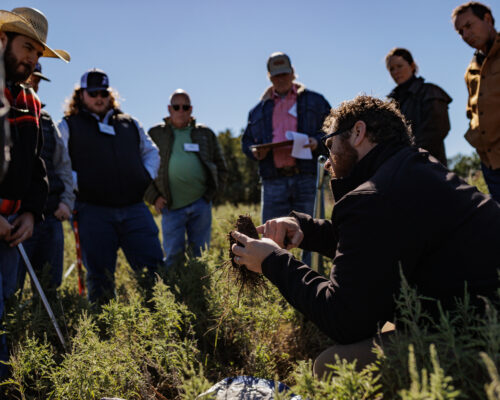

2-Day In-Person Workshop
Noble Land Essentials
Harness the power in your soil for better forage, better livestock and better returns.
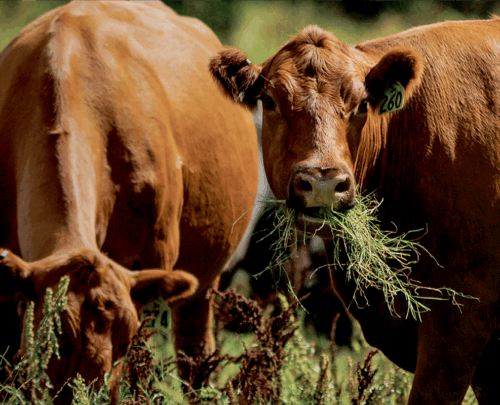

3-Day In-Person Workshop
Noble Grazing Essentials
Use your available forages to get the best out of your livestock and grazing land.
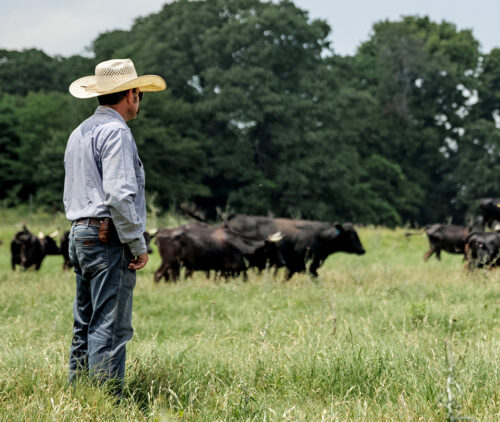

2-Day In-Person Workshop
Noble Profitability Essentials
Improve your business skills with financial tools to maximize your ranch’s profitability.
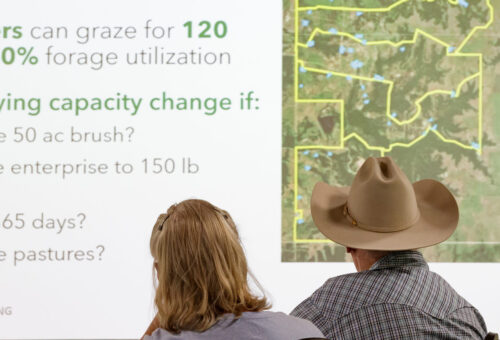

3-Day In-Person Workshop
Business of Grazing
Discover how to make your grazing strategies work for your bottom line.
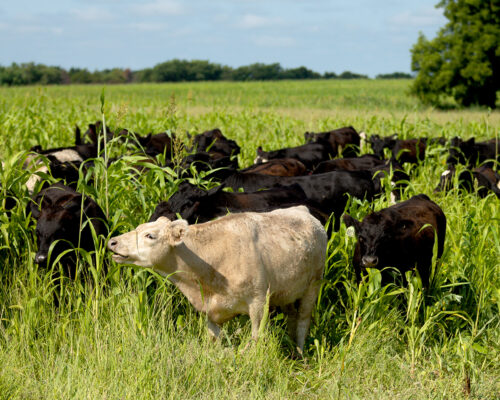

2-Day In-Person Workshop
MarketSMART Ranching
Discover how to build skills and confidence for evaluating livestock and other assets in today’s market conditions.
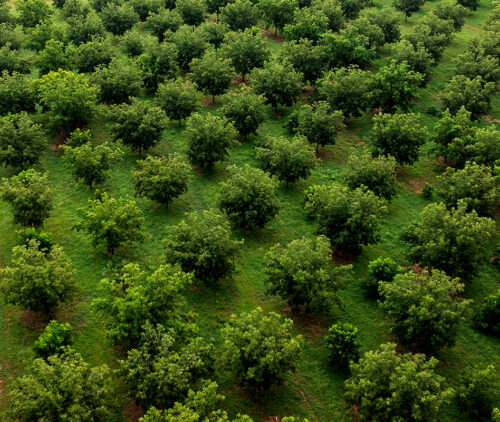

3-Day In-Person Workshop
Noble Orchard Essentials
Gain the tools, training and support to grow healthier perennials, reduce costs, and build long-term resilience.
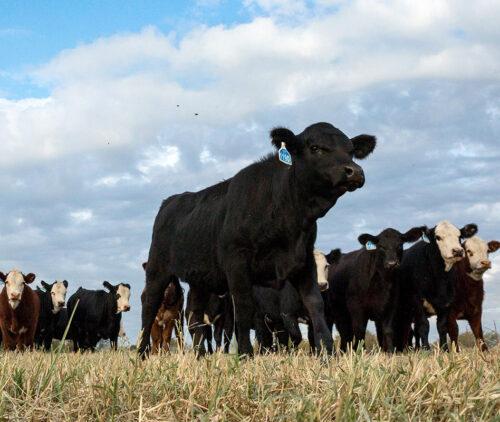

3-Course Series
Noble Grazing: Flint Hills Series
This tailored, hands-on series for Flint Hills ranchers combines grazing management, business strategies and region-specific tools for lasting success.
Long Live Our Grazing Lands
Healthier grazing lands are the best tool to improve farmer and rancher quality of life and build stronger rural communities. When grazing lands are intentionally managed, they have the capacity to support and sustain profitable grazing animal operations.
Our Ranch Management Philosophy
For farms and ranches to be successful, the stewardship of multiple resources is essential.
Noble’s educational programs help you enhance resilience and performance in areas within your control, such as land stewardship, livestock management, profitability, marketing, business strategies, people management and community engagement.
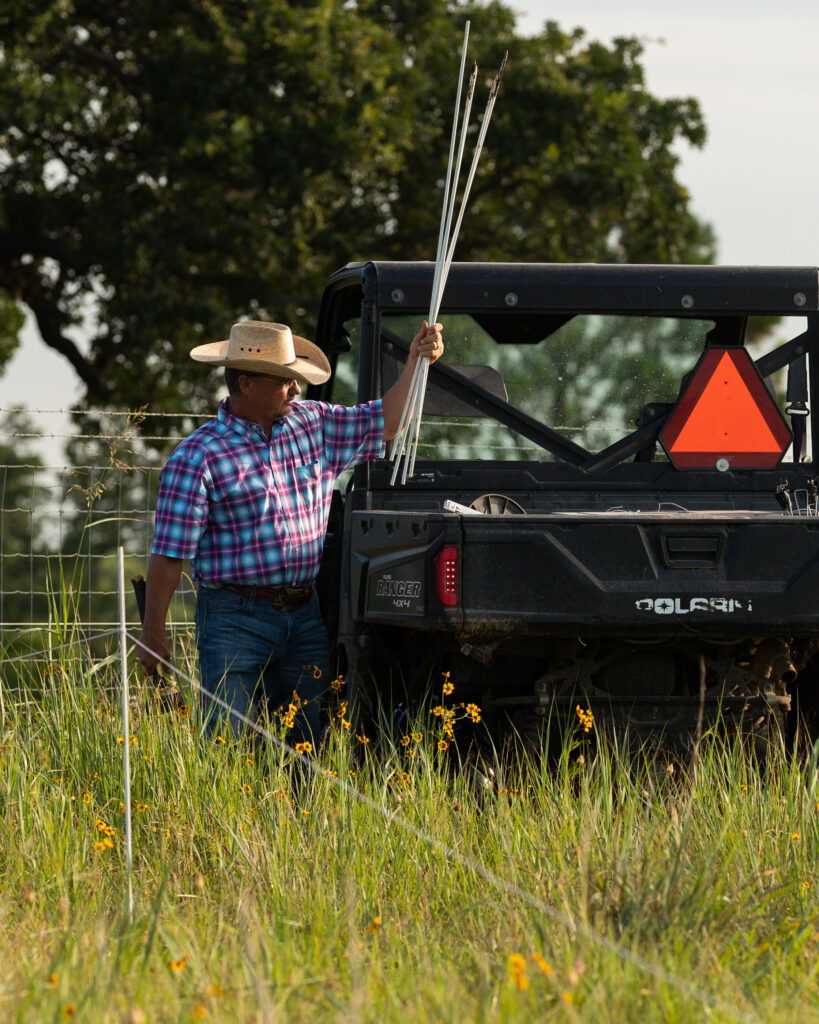
The Noble Purpose
Every Acre Matters
Healthy soils are the foundation for productive grazing lands and profitable farms and ranches. We work every day to save our grazing lands by promoting land stewardship through management, building soil health and keeping farmers and ranchers on the land. In collaboration with others, Noble aims to positively impact soil health, grazing animal production and the financial security of America’s farm and ranch families.
0M
acres transitioned to regenerative management by 2040
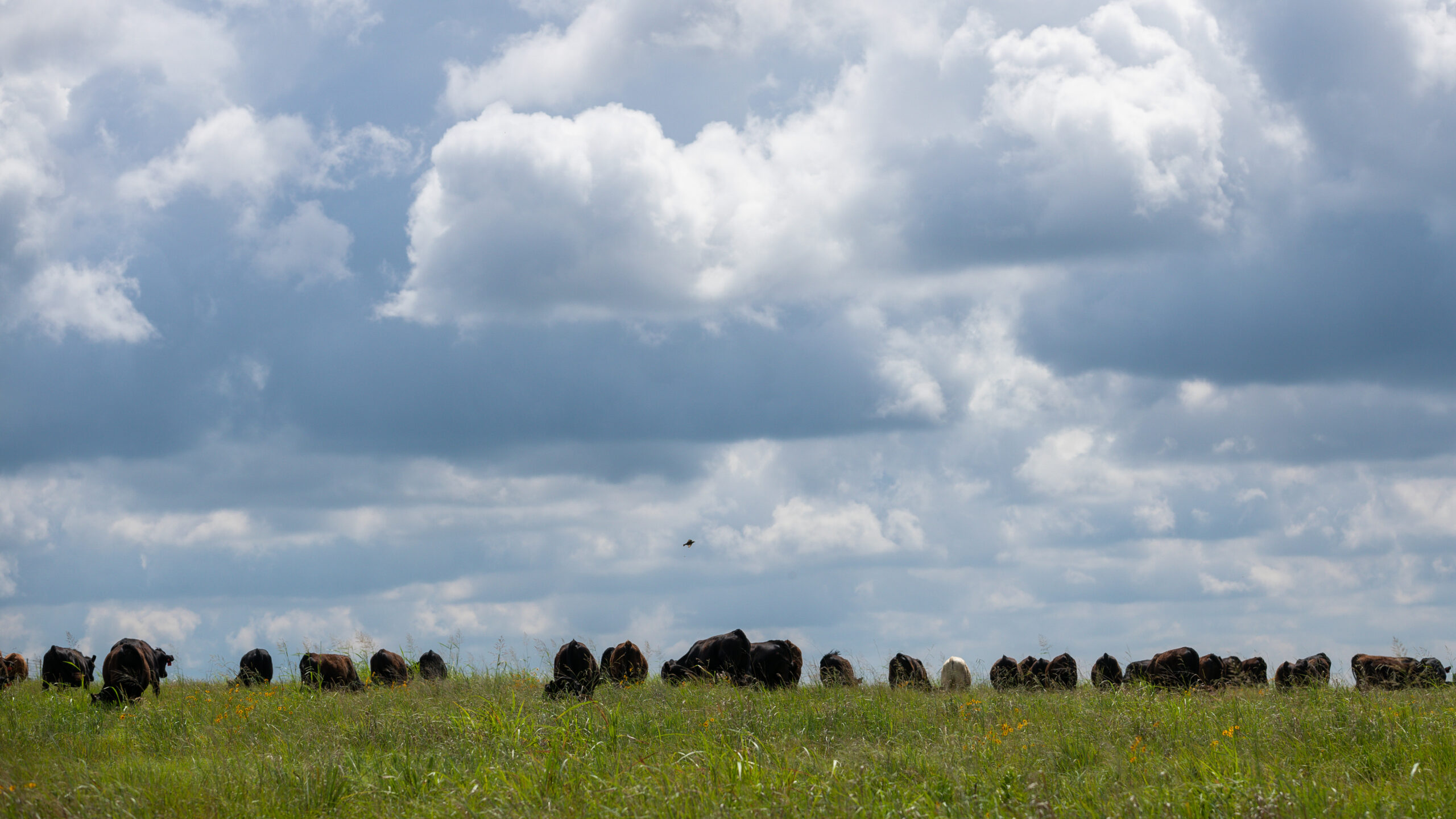
0K
farmers and ranchers who are implementing the six principles of soil health
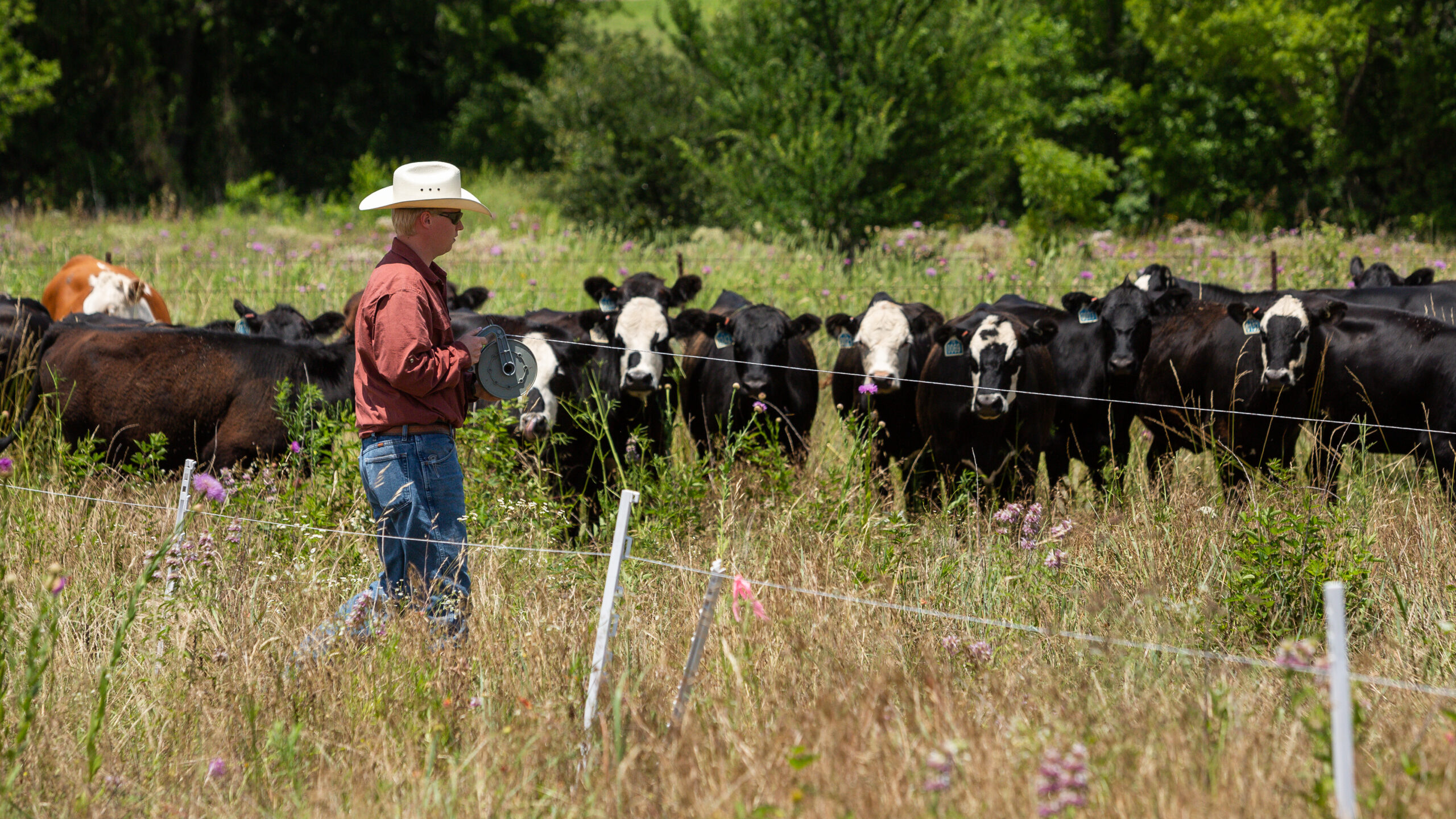
Soil Health
When Less is More: Building Soil Health Builds Resiliency
About eight years ago, Cooper and Katie Hurst learned about the soil health principles and fully embraced them. Now, Cooper likes seeing the resiliency he’s building on his land to help their Mississippi ranch weather droughts and down markets.
Discover Useful Tips and Helpful Resources
Explore our vast collection of articles on ranching and pecan production.
Learn innovative techniques to improve soil health, boost biodiversity and increase your profitability. See how regenerative ranching can make your operation more resilient and sustainable with strategies that benefit both your land and your bottom line.
